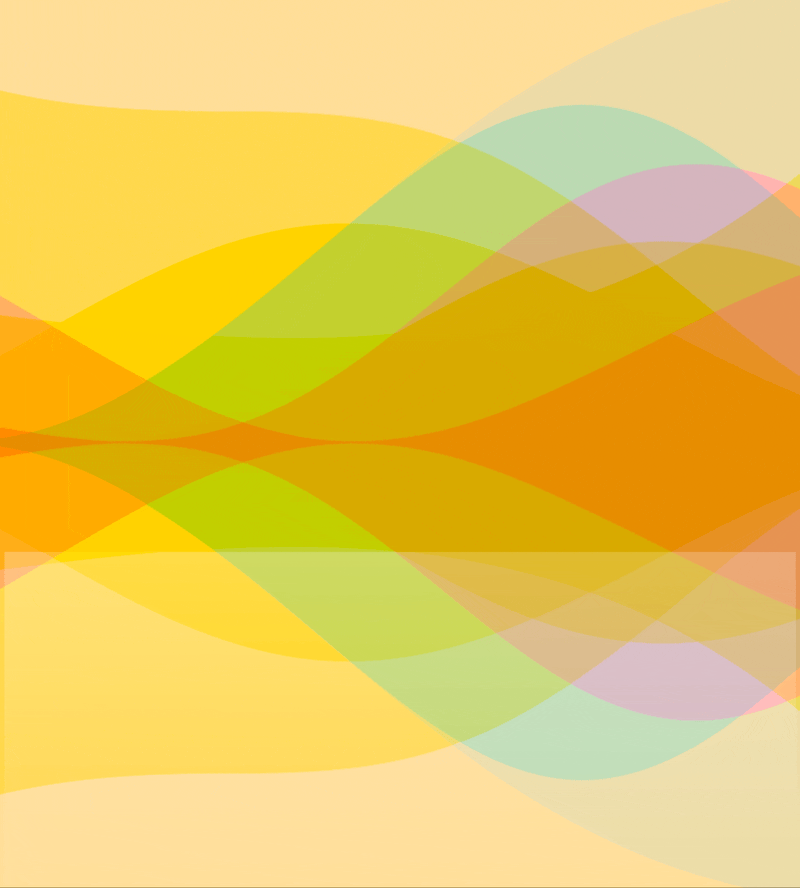Ecosyste.ms: Awesome
An open API service indexing awesome lists of open source software.
https://github.com/rstudio/gt
Easily generate information-rich, publication-quality tables from R
https://github.com/rstudio/gt
docx easy-to-use html latex r rtf summary-tables
Last synced: about 2 months ago
JSON representation
Easily generate information-rich, publication-quality tables from R
- Host: GitHub
- URL: https://github.com/rstudio/gt
- Owner: rstudio
- License: other
- Created: 2018-03-20T15:18:51.000Z (over 6 years ago)
- Default Branch: master
- Last Pushed: 2024-04-13T19:52:17.000Z (3 months ago)
- Last Synced: 2024-04-14T09:35:01.174Z (3 months ago)
- Topics: docx, easy-to-use, html, latex, r, rtf, summary-tables
- Language: R
- Homepage: https://gt.rstudio.com
- Size: 245 MB
- Stars: 1,886
- Watchers: 49
- Forks: 191
- Open Issues: 327
-
Metadata Files:
- Readme: README.md
- Contributing: .github/CONTRIBUTING.md
- License: LICENSE
- Code of conduct: .github/CODE_OF_CONDUCT.md
- Citation: CITATION.cff
- Security: .github/SECURITY.md
Lists
- awesome-R - gt - Easily generate information-rich, publication-quality tables from R (2020)
- awesome-shiny-extensions - gt - Generate information-rich, publication-quality tables. (UI Components / Table)
- awesome-r-dataviz - gt - Easily generate information-rich, publication-quality tables from R. (Tables / Miscellaneous)
- awesome-stars - rstudio/gt - Easily generate information-rich, publication-quality tables from R (R)
- awesome-stars - gt - Easily generate information-rich, publication-quality tables from R (R)
- awesome-stars - rstudio/gt - Easily generate information-rich, publication-quality tables from R (R)
- fucking-awesome-R - gt - Easily generate information-rich, publication-quality tables from R (2020)
- jimsghstars - rstudio/gt - Easily generate information-rich, publication-quality tables from R (R)
README
[](https://twitter.com/gt_package)
[](https://rstudio.cloud/project/779965)
[](https://discord.com/invite/Ux7nrcXHVV)
With the **gt** package, anyone can make wonderful-looking tables using
the **R** programming language. The **gt** philosophy: we can construct
a wide variety of useful tables with a cohesive set of table parts.
These include the *table header*, the *stub*, the *column labels* and
*spanner column labels*, the *table body*, and the *table footer*.

It all begins with **table data** (be it a tibble or a data frame). You
then decide how to compose your **gt table** with the elements and
formatting you need for the task at hand. Finally, the table is rendered
by printing it at the console, including it in an R Markdown document,
or exporting to a file using `gtsave()`. Currently, **gt** supports the
**HTML**, **LaTeX**, and **RTF** output formats.

The **gt** package is designed to be both straightforward yet powerful.
The emphasis is on simple functions for the everyday display table
needs. Here is a brief example of how to use **gt** to create a table
from the included `sp500` dataset:
``` r
library(gt)
# Define the start and end dates for the data range
start_date <- "2010-06-07"
end_date <- "2010-06-14"
# Create a gt table based on preprocessed
# `sp500` table data
sp500 |>
dplyr::filter(date >= start_date & date <= end_date) |>
dplyr::select(-adj_close) |>
gt() |>
tab_header(
title = "S&P 500",
subtitle = glue::glue("{start_date} to {end_date}")
) |>
fmt_currency() |>
fmt_date(columns = date, date_style = "wd_m_day_year") |>
fmt_number(columns = volume, suffixing = TRUE)
```

There are twelve datasets provided by **gt**: `countrypops`, `sza`, `gtcars`, `sp500`, `pizzaplace`, `exibble`, `towny`, `metro`, `constants`, `illness`, `rx_adsl`, and `rx_addv`.












All of this tabular data is great for experimenting with **gt**’s functions and we make extensive use of these datasets in our documentation.
Beyond the functions shown in the simple `sp500`-based example, there are many functions available in **gt** for creating super-customized tables. Check out the [documentation website](https://gt.rstudio.com/) to get started via introductory articles for making **gt** tables. There's a handy *Reference* section that has detailed help for every function in the package.
[](https://gt.rstudio.com/)
With the **gt** *Test Drive*, you can try **gt** in the *Posit Cloud* environment that features the RStudio IDE and a large collection of ready-to-run examples. Visit the publicly available [*Posit Cloud* project](https://rstudio.cloud/project/779965) and try out the package in your browser. There's no charge to use this platform and you'll learn **a lot** about what the package can do!
[](https://rstudio.cloud/project/779965)

Let's talk about making tables with **gt**! There are a few locations where there is much potential for discussion.
One such place is in [*GitHub Discussions*](https://github.com/rstudio/gt/discussions). This discussion board is especially great for Q&A, and many people have had their problems solved in there.
[](https://github.com/rstudio/gt/discussions)
Another fine venue for discussion is in the [`gt_package` *Discord server*](https://discord.com/invite/Ux7nrcXHVV). This is a good option for asking about the development of **gt**, pitching ideas that may become features, and sharing your table creations!
[](https://discord.com/invite/Ux7nrcXHVV)
Finally, there is the [`gt_package` *Twitter account*](https://twitter.com/gt_package). There you'll find tweets about **gt** (including sneak previews about in-development features) and other table-generation packages.
[](https://twitter.com/gt_package)
These are all great places to ask questions about how to use the package, discuss
some ideas, engage with others, and much more!
## INSTALLATION
The **gt** package can be installed from **CRAN** with:
``` r
install.packages("gt")
```
You can also choose to install the development version of **gt** from
**GitHub**:
``` r
devtools::install_github("rstudio/gt")
```
If you encounter a bug, have usage questions, or want to share ideas to
make this package better, please feel free to file an
[issue](https://github.com/rstudio/gt/issues).
-----
## Packages that use or extend **gt**
There are several **R** packages that either use **gt** to generate tabular outputs or extend **gt** in amazing ways. Here is a short list of some of these great packages:
- **gtsummary** ([GITHUB](https://github.com/ddsjoberg/gtsummary), [WEBSITE](https://www.danieldsjoberg.com/gtsummary/))
- **gtExtras** ([GITHUB](https://github.com/jthomasmock/gtExtras), [WEBSITE](https://jthomasmock.github.io/gtExtras/))
- **pointblank** ([GITHUB](https://github.com/rstudio/pointblank), [WEBSITE](https://rstudio.github.io/pointblank/))
- **tfrmt** ([GITHUB](https://github.com/GSK-Biostatistics/tfrmt), [WEBSITE](https://gsk-biostatistics.github.io/tfrmt/))
- **gto** ([GITHUB](https://github.com/GSK-Biostatistics/gto))
-----
## Code of Conduct
Please note that the gt project is released with a [contributor code of
conduct](https://www.contributor-covenant.org/version/2/1/code_of_conduct.html).
By
participating in this project you agree to abide by its terms.
## 📄 License
**gt** is licensed under the MIT license. See the
[`LICENSE.md`](LICENSE.md) file for more details.
© Posit Software, PBC.
## 🏛️ Governance
This project is primarily maintained by [Rich Iannone](https://twitter.com/riannone). Other authors may occasionally assist with some of these duties.


